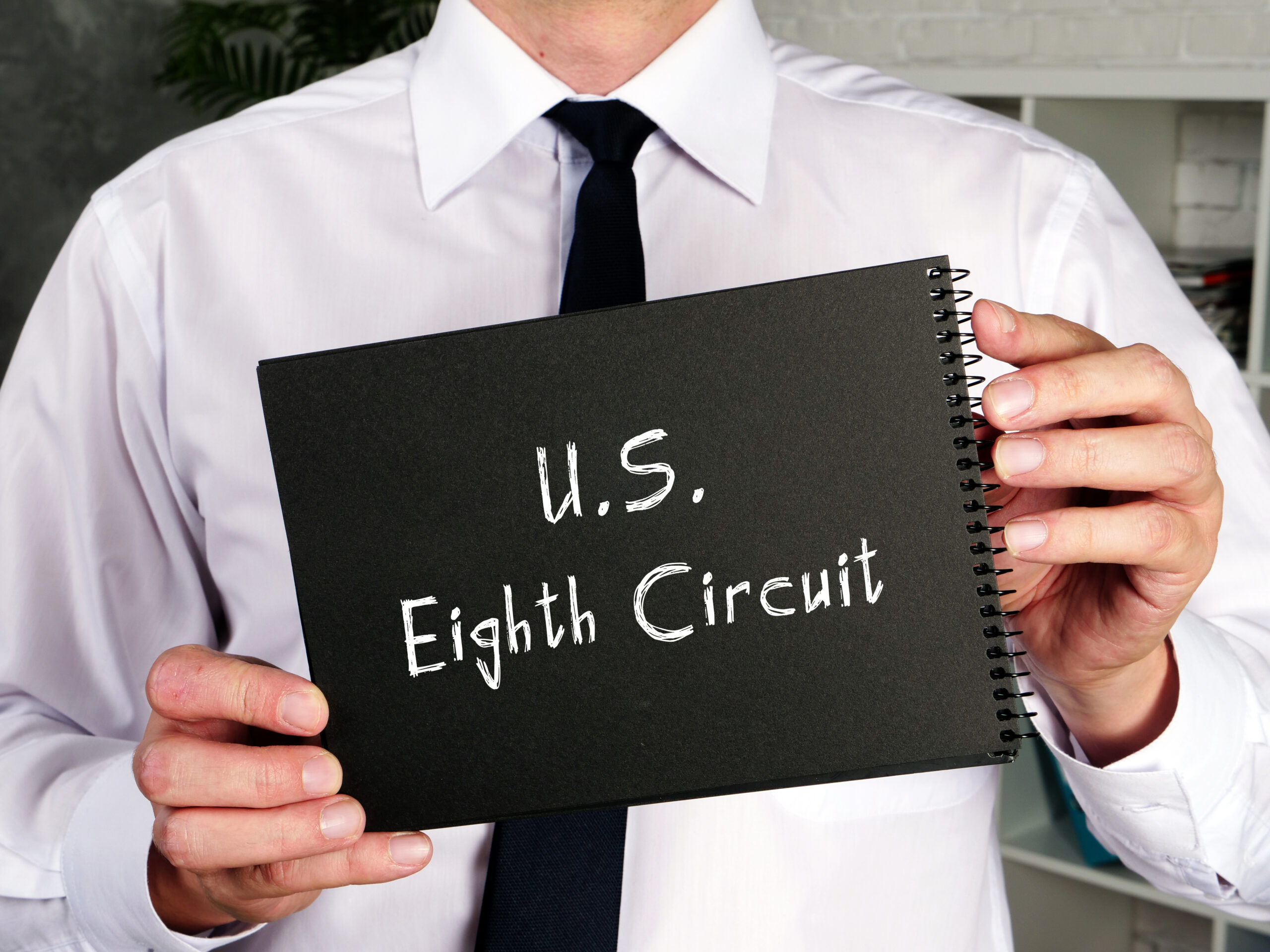The Eighth Circuit Court of Appeals affirmed the District Court in Meyer, Borgman & Johnson, Inc. v. Commissioner (8th Circuit May 6, 2024). MBJ is a structural engineering firm that created construction documents of the structural design for building projects. Without revisions to future contracts, I believe this decision drove the final nail in the coffin of taxpayers like MBJ and taxpayers who enter one-off contracts to produce a product for a customer and claim research credit in the process.
Historically, a taxpayer who conducted research while producing a specific product for a customer under a fixed-fee contract generally didn’t have to worry about the IRS raising a funding issue. This started changing in 2015 with the decisions in Geosyntec Consultants, Inc. v. United States, 776 F.3d 1330, 1341 (11th Cir. 2015) and Dynetics, Inc. & Subsidiaries v. United States, 121 Fed. C1. 492, 515-16 (2015), where the Court found the research was funded.
The Courts began focusing on the contracts and the fact that payment was not contingent on the success of the research. A glimmer of hope came when the Tax Court ruled in favor of the taxpayer in Populous Holdings, Inc. v. Commissioner, 2019 WL 13032526, at *2(T.C. Dec. 6, 2019). Then, in November of 2020 came Meyer, Borgman & Johnson, Inc. v. Commissioner of Internal Revenue Docket No. 7805-16. The Court stated, “None of the contracts expressly or by clear implication make payment contingent on the success of MBJ’s research.”
After this decision, IRS Counsel issued a Field Attorney Advice FAA 20223401F on November 12, 2021. Once this was issued, any negotiation or attempt to resolve the issue in the field was over. An exam I had involving a taxpayer who claimed research credit for the design of custom conveyor systems was 100% disallowed. The manager, whom I have known for a long time, said there was nothing he could do.
Another nail came in 2023 with the decision in United States v. Grigsby, 86 F.4th 602, 618 (5th Cir. 2023) when the 5th Circuit also ruled that the taxpayer’s research was funded. The Court made two notable points. First, they stated the taxpayer improperly conflated “contracts for products or services” with amounts payable under any agreement that are contingent on the success of the research.” Second and especially important, they rejected the argument that the “inherently risky” nature of fixed price contracts made them per se not funded.
Now that MBJ has lost its appeal, I believe no one will be able to claim the credit the way they did previously. Even though this is a relatively new position the IRS raised, the cases cited above pointed to Fairchild Industries, Inc. v. United States, 71 F.3d 868,874 (Fed. Cir. 1996) as the standard for research to be considered unfunded.
Fairchild had a contract with the U.S. Air Force. The contract contained over 1,000 pages of technical specifications that required them to meet specific design, construction, quality, and performance standards. They were at risk for each line item until the research was completed and the product of the research was accepted.
Going forward, I don’t know how many specifications or performance guarantees you will need to be considered unfunded. Taxpayers may not be willing to agree they won’t be paid unless the customer approves and accepts each specification and the research product is delivered.
Time will tell. Eventually, a taxpayer will revise their contracts, and another round of disagreement will begin. Such is the world of taxation.






